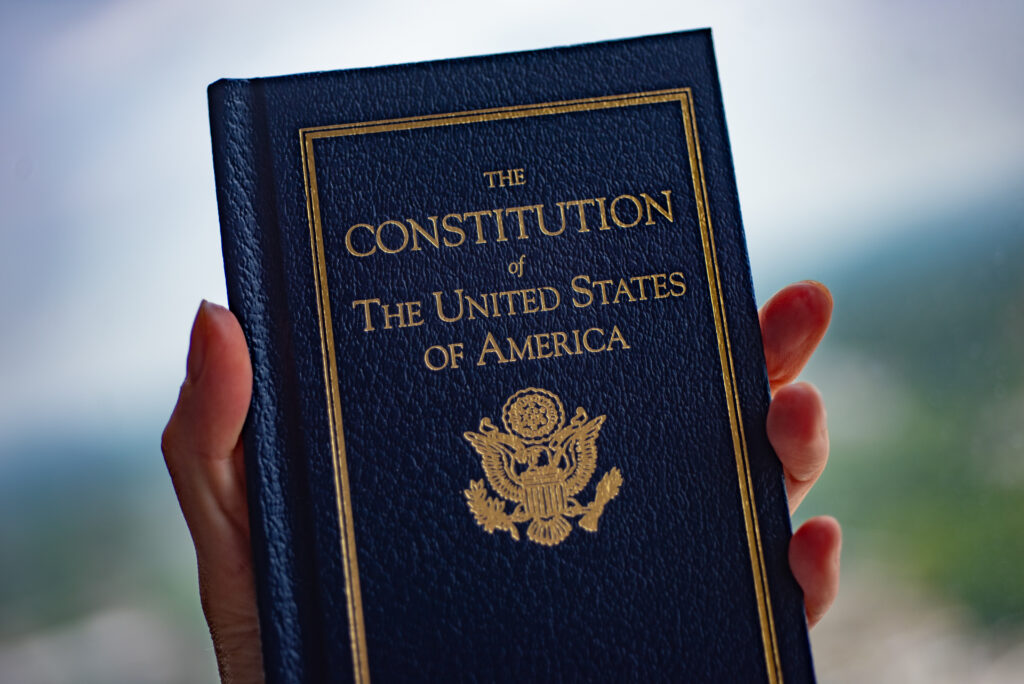The 11th Amendment to the United States Constitution was ratified on February 7, 1795, after being proposed by the U.S. Congress on March 4, 1794. This amendment restricts the jurisdiction of federal courts in certain lawsuits against a state by citizens of another state or foreign citizens.
The amendment was the result of a landmark Supreme Court case, Chisholm v. Georgia, in which a citizen of South Carolina sued the state of Georgia in federal court. The Supreme Court ruled in favor of the citizen, causing widespread concern among states’ rights advocates. The 11th Amendment was quickly proposed and ratified in response to the decision.
The 11th Amendment was a key moment in the development of the American legal system and helped to define the relationship between the states and the federal government. It has also been interpreted to limit the power of the federal courts to hear cases involving individuals who are suing their own state.
Overall, the 11th Amendment has had a lasting impact on the American legal system and remains an important aspect of the Constitution to this day. It continues to be a key component of constitutional law and has had a lasting impact on the balance of power between the federal government and states.
References:
https://www.govinfo.gov/content/pkg/GPO-CONAN-1992/pdf/GPO-CONAN-1992-10-12.pdf




